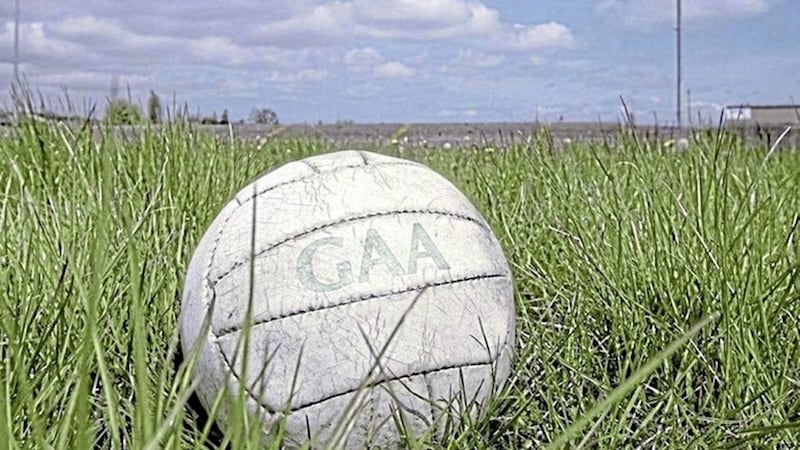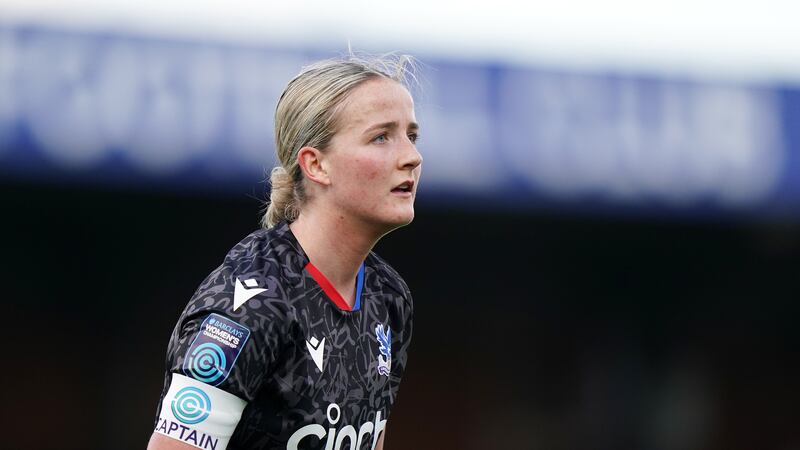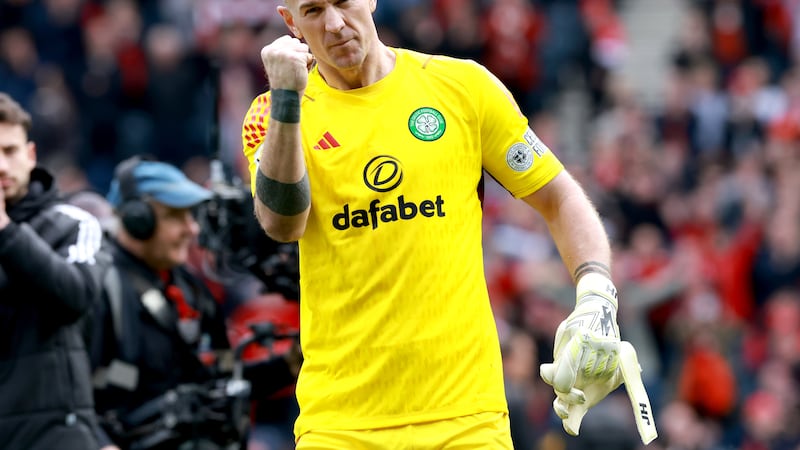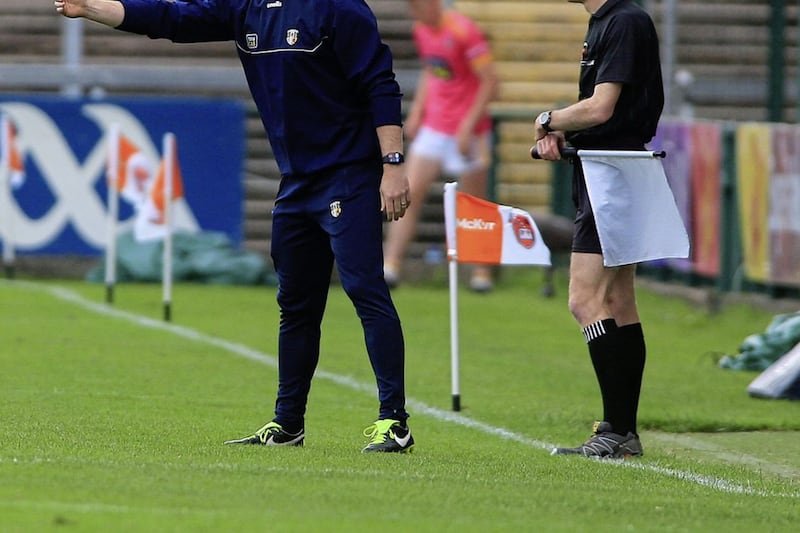"We are going to give it a big push this year lads."
In a scene replayed in clubhouses throughout the country, these words would signal the beginning of a new season.
In a cold meeting room, big-shouldered lads would be shuffling uncomfortably on narrow chairs, packed tight to make space for the bumper attendance, some of whom haven't been seen since last April.
Interest can be easily feigned and come mid-year the big push has become a trudge.
Yet some years in some teams, the mood in the room is be different.
They follow through on these early season promises.
They go hard at it and they keep going.
Their hunger and ambition drive the ‘big push’ in training and their fitness levels surge ahead of rivals.
As they are interviewed in the aftermath of their Championship victory, to a man, they all refer to the fact that they promised themselves they would give it a ‘big push’ this year and the end result seen as an inevitable consequence.
This was the era that I came into in my first several years as a senior player.
The mirror and the wife might suggest differently, but I keep telling myself that those playing days are not that long ago.
Watching the various incarnations of Club Championships however and the general athleticism on display, it might as well be a different age entirely.
For all of us that are prone to a bit of 'the good old days' vibe when looking back at our playing days, and let us face it, who isn't, its humbling stuff.
When we see top teams playing, the pace, quality movement, and running ability of their players stand out.
I'm not talking about quality movement as in good off the shoulder or diagonal runs; I'm talking about actual quality athletic movement.
It's a level of movement and athleticism that is only attained with several years of proper weight training, flexibility work and conditioning.
Maybe it is the physio in me that makes me appreciate it, or maybe it's the fact that despite knowing how much training I put in during my career, I never quite could motor like these boys can.
Either way, what the modern player's athleticism shows is that the old 'big push for a year' is no longer a reliable route to success.
It would be like hoping to get a big money win to get the deposit to buy a house instead of getting going with the hard work of saving the pennies.
This reality throws up a number of modern facts of life regarding team and player development.
Teams now require several years of diligent management and conditioning before they reach their peak.
For clubs, often in the classic two or three-year management cycle, the concept of a new man in 'starting afresh' or of a single year ‘big push’, is no longer realistic.
Quality training of a player builds year on year, and that effect is magnified across a squad.
A new man might bring fresh impetus or a change in direction that suddenly allows things to click but unless he can build from a firm foundation in terms of the players playing level and conditioning there is not a mission they can achieve success.
Take Mickey Moran’s storied success with Kilcoo who achieved their Ulster breakthrough after years of knocking at the door.
Without a doubt, Moran has something pretty special about him that allows him to so often find the key that unlocks the door.
Kilcoo’s consequent success was no coincidence, but even Mickey Moran could not have achieved that if it were not for the level the team were already coming from.
Those Kilcoo players, under a number of managers, had trained and played year-round at a consistently high level to create the ingredients and make the cake, to which Moran applied the perfect icing.
The same type of story can be seen again and again across top-level clubs in different counties and confirms the death of the 'big push'.
The challenge for top clubs is to embrace this new reality.
Some form of secession planning or long term strategy regarding senior team development is critical.
This should facilitate a player and teams development across multiple management set-ups.
Individual managers or coaches will bring with them new ideas, new ways to challenge, or new opportunities to pursue that can enhance player and squad development and ultimately team performance.
Their role, like the famous All-Blacks concept, is to build on what was there and to leave the team in a better place.
If they are the lucky ones that bring home silverware then kudos to them as there is still something special about getting a team over that fabled winning line.
Any belief however that it is solely down to a particular year or a specific manager no longer applies at the level top teams currently play the game.
Ironically, this very modern need for a long-term approach, brings some truly old school values back to the table.
A squad of players has to have something pretty special about it to apply themselves over such a prolonged period.
A period that will inevitably feature many setbacks when the 'supporters' will have a pop at them or when they seem light years away from their dream, yet they have to keep applying themselves.
The work a team must put in to reach that top echelon of three or four main challengers in any county is huge.
From there, the work to try and get themselves across the winners' line goes up again.
Such prolonged development stories are only possible if old-fashioned virtues like hunger, determination, work rate, desire and commitment are present.
Not only are these old-school values necessary to drive a team’s long-term development they also in the end get them over the winning line.
They unlock the potential of the athleticism the team has developed.
Without qualities like hunger, raw determination, and work-rate on the big days, all the development work will count for nothing.
When the two meet however, the modern team fuelled by the traditional traits, the magic can happen.
They say there is no shortcut to success.
The modern Club Championships are a truer reflection of that adage than perhaps at any time in their history.








